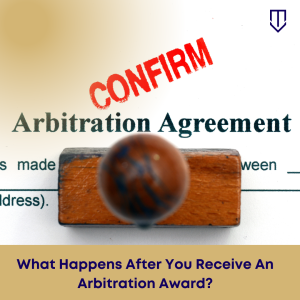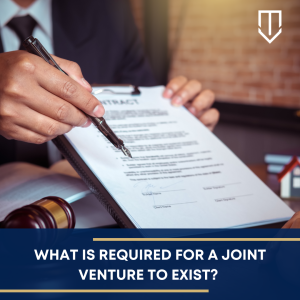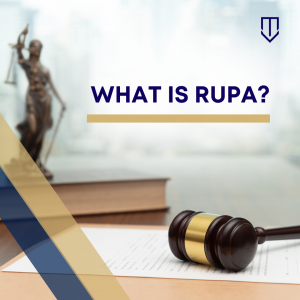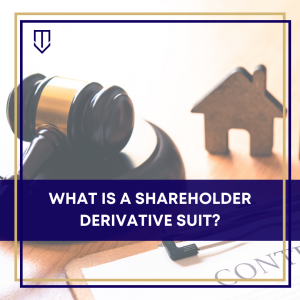 Partnerships are incredibly common business entities that many Californians enter on a regular basis, often to acquire and develop real estate over many years. Unfortunately, many fail to get off the ground, as mismanagement, poor spending, and bickering derail what may have been promising ventures.
Partnerships are incredibly common business entities that many Californians enter on a regular basis, often to acquire and develop real estate over many years. Unfortunately, many fail to get off the ground, as mismanagement, poor spending, and bickering derail what may have been promising ventures.
In these instances, a single partner can apply to have a court dissolve the partnership, effectively ending the entity by triggering wind-up procedures. At Underwood Law firm, our attorneys know how tough this situation can be. Thankfully, our attorneys are well-versed in partnership law, and we know the best ways to tackle the disputes that accompany dissolution and winding up. Our team has the legal acumen and skills necessary to help you achieve your litigation goals.
 California Partition Law Blog
California Partition Law Blog


 Partnerships are incredibly common business entities that many Californians enter on a regular basis, often to acquire and develop real estate over many years. But even the most successful arrangements must come to an end. Unfortunately, more often than not, the dissolution procedures “unwind” what may have been a series of cordial and respectful relationships between all involved.
Partnerships are incredibly common business entities that many Californians enter on a regular basis, often to acquire and develop real estate over many years. But even the most successful arrangements must come to an end. Unfortunately, more often than not, the dissolution procedures “unwind” what may have been a series of cordial and respectful relationships between all involved.  Attorney’s fees are those fees owed by a client to an attorney who performed legal services on behalf of the client. In some cases, a court may order the losing party to pay the attorney’s fees of the other party. Whether attorney’s fees are available as damages depends on the nature of the action. In cases involving a breach of contract, whether attorney’s fees are available generally depends on the terms of the contract.
Attorney’s fees are those fees owed by a client to an attorney who performed legal services on behalf of the client. In some cases, a court may order the losing party to pay the attorney’s fees of the other party. Whether attorney’s fees are available as damages depends on the nature of the action. In cases involving a breach of contract, whether attorney’s fees are available generally depends on the terms of the contract.  If the parties consent to arbitration, they decide to settle their dispute outside the confines and strict procedure of courtrooms. That said, arbitration awards are not automatically court judgments just because they resolve legal claims.
If the parties consent to arbitration, they decide to settle their dispute outside the confines and strict procedure of courtrooms. That said, arbitration awards are not automatically court judgments just because they resolve legal claims. In California, business enterprises can take many forms (LLCs, corporations, partnerships, etc.). But perhaps the most unique is the “joint venture,” a special entity that, more often than not, is
In California, business enterprises can take many forms (LLCs, corporations, partnerships, etc.). But perhaps the most unique is the “joint venture,” a special entity that, more often than not, is  The way a business is conducted depends on the entity used to conduct it.
The way a business is conducted depends on the entity used to conduct it.  No. In California, individuals often hide behind “corporations” that consist of a single shareholder. In so doing, they protect themselves from liability by utilizing a corporate form. This can be especially frustrating in lawsuits.
No. In California, individuals often hide behind “corporations” that consist of a single shareholder. In so doing, they protect themselves from liability by utilizing a corporate form. This can be especially frustrating in lawsuits. General partnerships, and their
General partnerships, and their  Yes. While joint ventures are a distinct type of business entity, they share many similarities with
Yes. While joint ventures are a distinct type of business entity, they share many similarities with  Shareholder derivative suits are lawsuits that allow and assist shareholders in
Shareholder derivative suits are lawsuits that allow and assist shareholders in